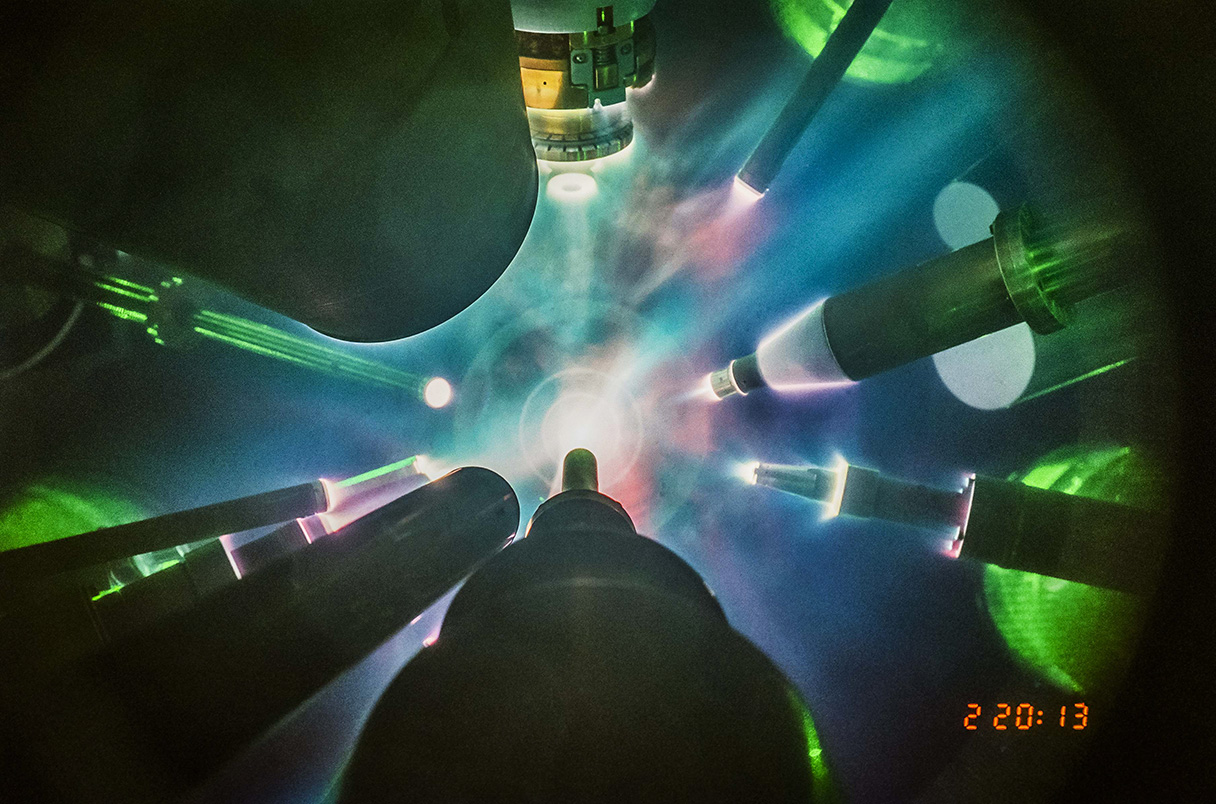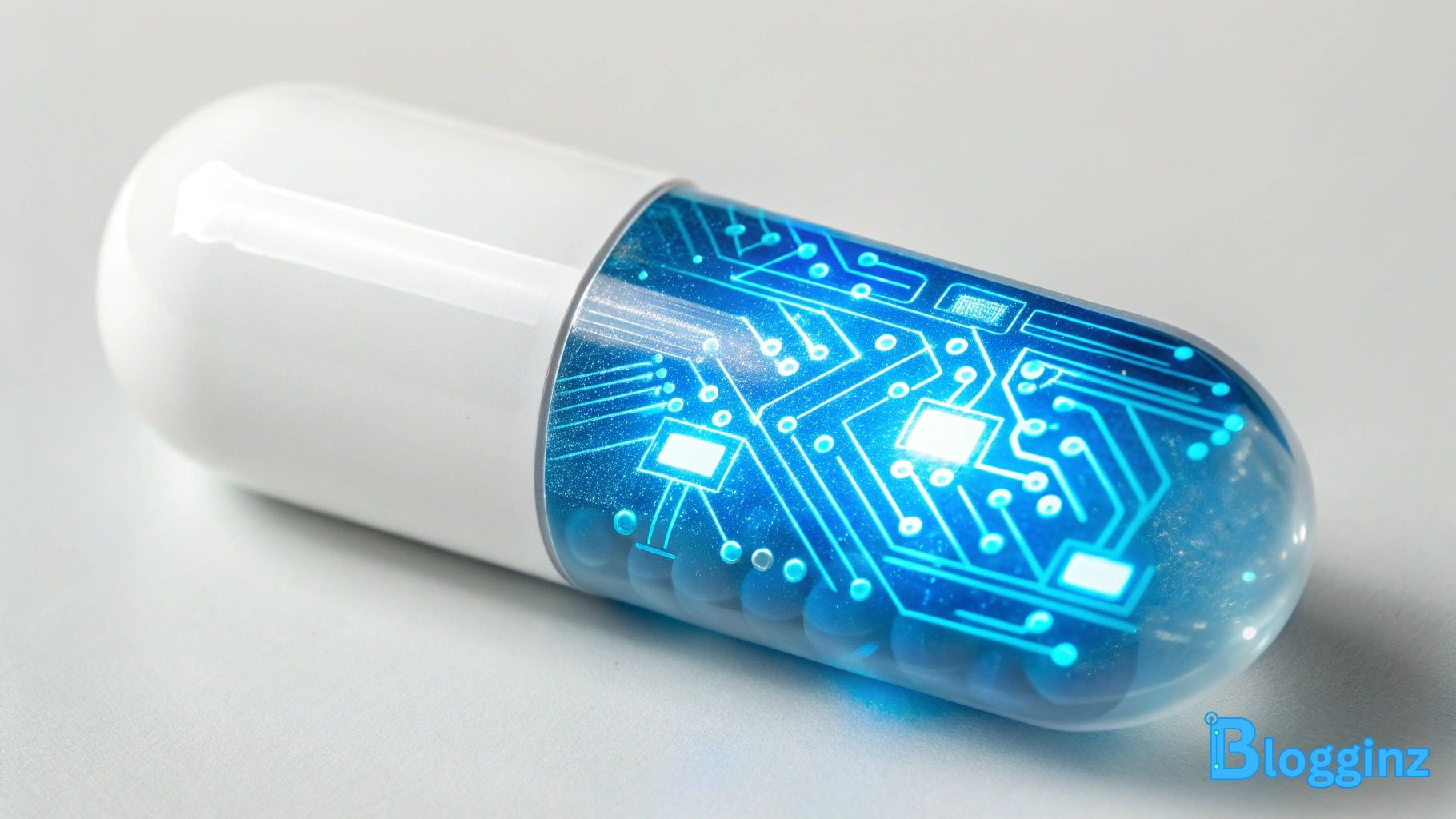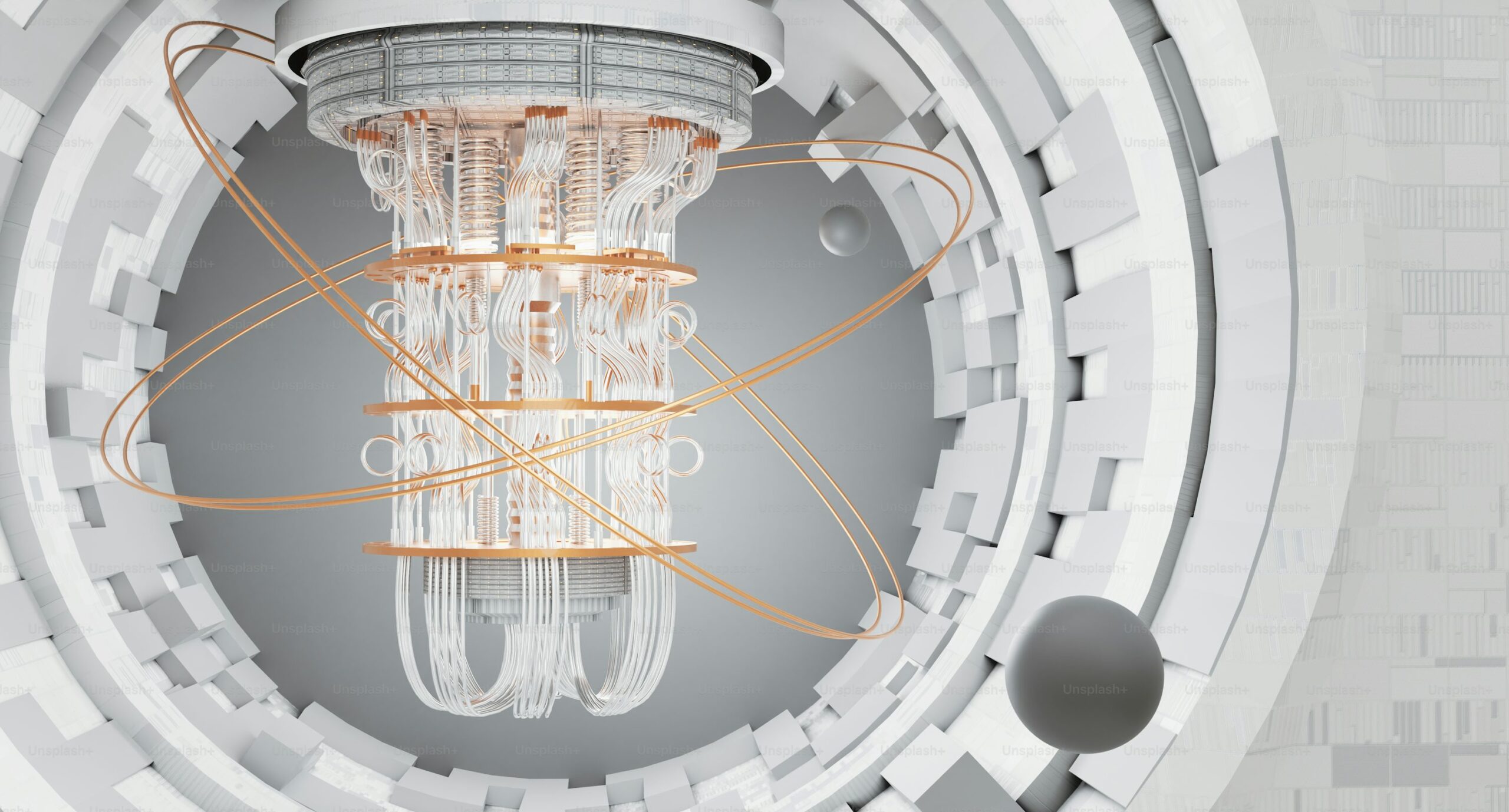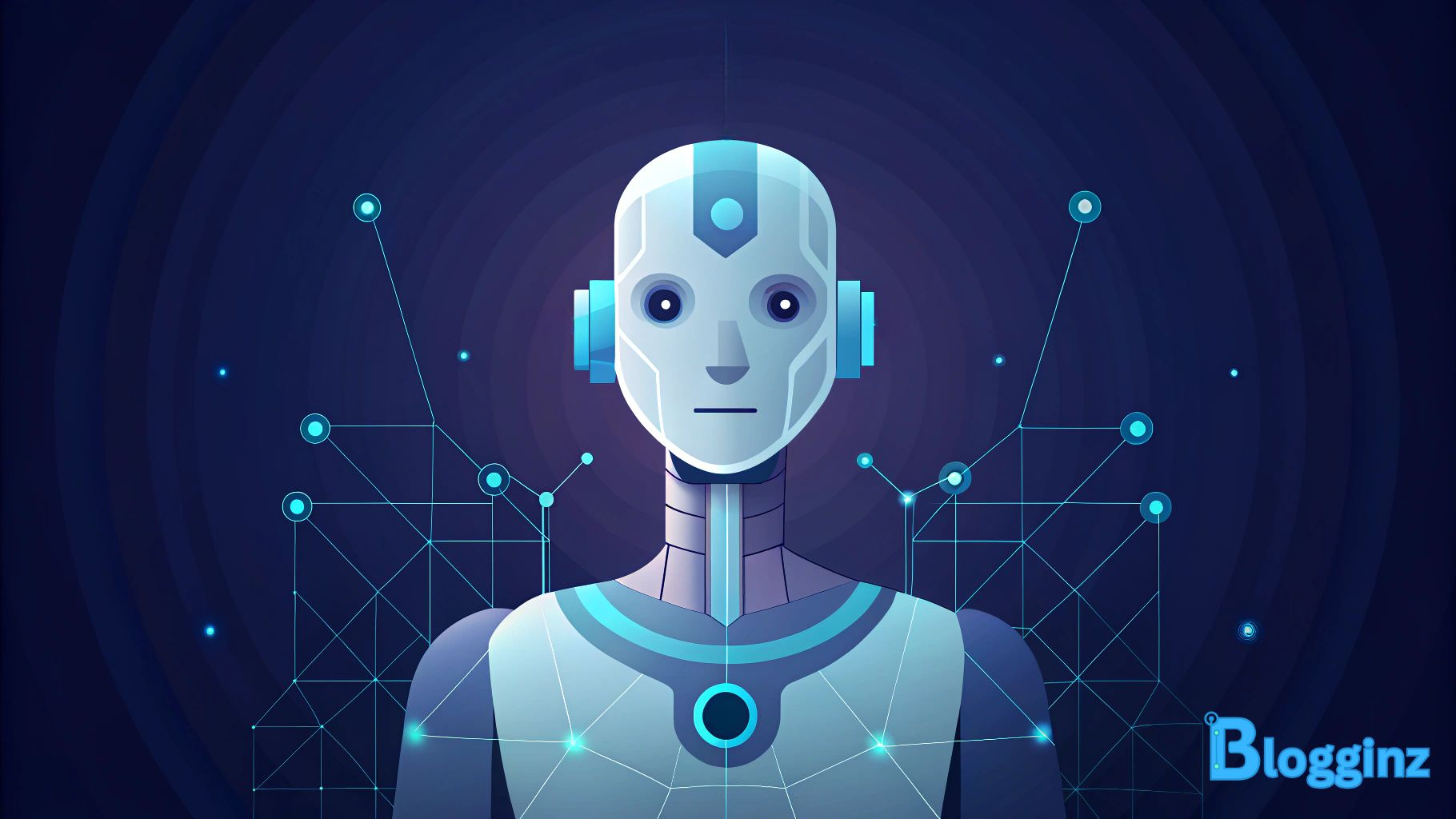Science is making tremendous progress, with discoveries that can change our lives. Several of the following ten revolutionary scientific breakthroughs could have a profound impact on our future.
1. Precision Gene Editing: Base and Prime Editing

Dr. David Liu was awarded the $3 million Breakthrough Prize in 2025 for inventing base and prime editing technologies. They allow scientists to edit genetic mutations with unprecedentedly high specificity and to treat a wide variety of genetic disorders. Though conventional CRISPR-Cas9 creates cuts in double-stranded DNA, base editing is a chemical amendment of individual DNA bases that is not associated with double-stranded breakage. Prime editing also allows for the addition or subtraction of DNA sequences at specific locations. The technologies have already been employed to be life-saving, e.g., to cure a teenager of leukaemia through base-edited T-cells.
2. De-Extinction of the Dire Wolf

Colossal Biosciences has made history by bringing back the dire wolf, which has been extinct for more than 10,000 years, but not in its ancient form. Geneticists used sophisticated genetic engineering to rebuild ancient dire wolf DNA and gene-edited grey wolves, giving birth to three pups, Romulus, Remus, and Khaleesi, using surrogate lab dogs. The wolves, raised in a secret 2,000-acre sanctuary, display dominant wild traits and are closely tracked to evaluate the impact of gene editing. The achievement also propels Colossal’s larger purpose of avoiding extinction and restoring biodiversity, including the de-extinction of the woolly mammoth and the preservation of threatened species like the red wolf.
3. Fusion Energy Breakthroughs

Recent scientific success in the pursuit of fusion energy has brought human beings closer to harnessing this clean and nearly boundless energy source. Magnetic confinement and laser fusion technologies have seen spectacular gains in energy yield and efficiency. Steady-state fusion reactions have the potential to offer a revolutionary solution to the world’s energy requirements by conserving the use of fossil fuels and stopping global warming.
4. AI-Designed Antibiotics

Artificial intelligence has transformed the process of finding antibiotics. Machine learning systems have been used to find new compounds with efficacy against drug-resistant bacteria. It quickens the process of drug finding and finds innovative solutions to the looming threat of antibiotic resistance. AI, assisted by the ability to analyze vast databases of data, can establish the probability that prospective antibiotics can act, allowing the process of treatment for resistant infections to speed up.
5. Solid-State Battery Innovation

Solid-state batteries are set to be the real replacement for traditional lithium-ion batteries. They possess some advantages, including higher energy density, rapid charging, and enhanced safety since they hold no flammable liquid electrolytes. Major automakers are betting on this technology, with Honda allocating production lines to all-solid-state EV batteries and others allocating mass production in the near term. All these technologies are in a position to transform the electric vehicle industry as well as the energy storage industry.
6. Discovery of Building Blocks of Life on Asteroid Bennu

NASA’s OSIRIS-REx mission has returned samples from the asteroid Bennu and shows life. The samples contained evidence of chemicals and brine similar to Earth on dry lake beds and all five nucleobases that make up DNA and RNA. The findings suggest that the precursors to life and water may have existed on Bennu and other asteroids of comparable compositions and may have been delivered to Earth billions of years ago.
7. Advancements in Quantum Computing

Quantum computing has made tremendous progress, particularly in stabilizing qubits and error correction. All these developments are taking us closer to the time when we have working quantum computers that can solve complex problems too complicated for classical computers. Some of the prospects include transforming cryptography, optimizing large-scale systems, and accelerating drug discovery.
8. AI in Assisted Reproduction
A team of Norwegian scientists at Norinnova has developed “Spermotile,” a device that combines microfluidics and artificial intelligence to aid assisted reproduction. The process enhances healthy sperm separation, enhancing success rates in treatments like IVF. Through the detection and sorting of the most active sperm, Spermotile aims to significantly increase fertilization rates for infertile couples.
9. Breakthroughs in Blood Protein Analysis
The largest-ever survey of blood proteins, conducted by UK Biobank, will scan thousands of blood proteins in 300,000 volunteers’ blood. The research has already provided many new targets for drugs and several subtypes of depression, which may be treated with possible targeted treatments. The findings of the research will revolutionize the treatment and prevention of disease by understanding the function of proteins in diseases such as Parkinson’s, Alzheimer’s, and schizophrenia.
10. The Cosmological Findings of the Euclid Space Telescope

The European Space Agency’s Euclid project has begun to solve the dark energy and dark matter riddles. By photographing 26 million galaxies from 10 billion years ago, the space telescope has provided us with hitherto unheard-of insights into the dynamics and structures of the cosmos. 380,000 galaxies with a variety of galactic formations and some gravitational lensing events have been mapped by the researchers. The findings will undoubtedly greatly advance our understanding of the universe and provide valuable insights into dark matter.
Conclusion
These five discoveries from science stand at the forefront of human creativity and intelligence. These discoveries have the potential to substantially transform our world as research progresses, from energy and healthcare to our understanding of the universe.
Note: We only have the right to the written content and Blogginz watermark images, but we do not have the rights to the images used in this article. These images are just used for informational purposes and to make the article more engaging. All rights go to their respective owners. These images will not be crawled and indexed.





No comments yet
Be the first to comment